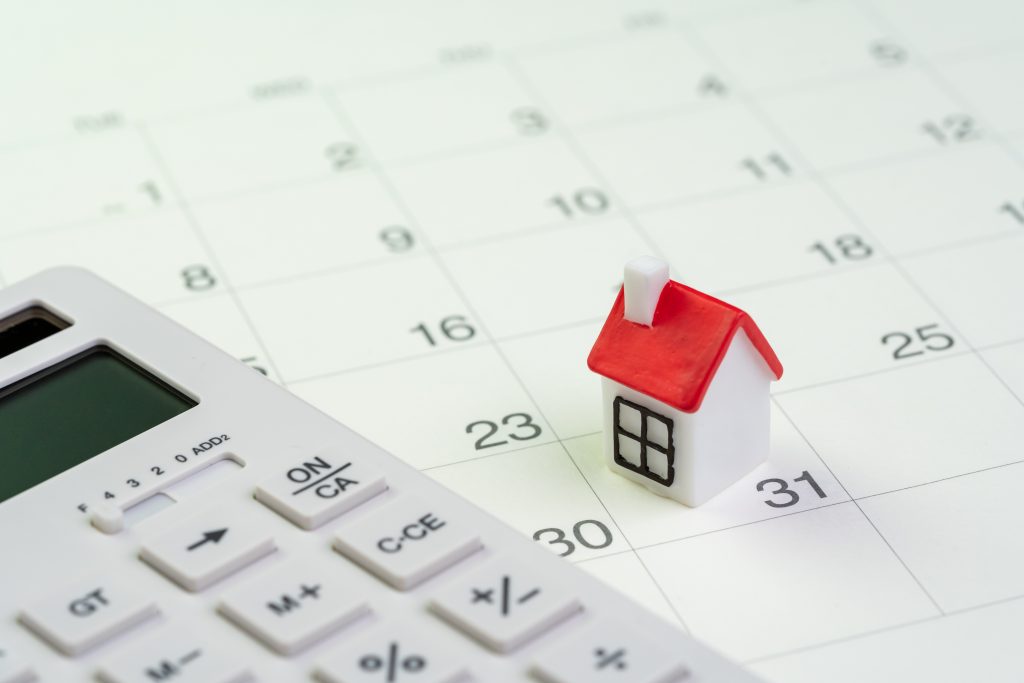Owning a house shouldn’t be a difficult feat to achieve, especially if you have enough resources. However, if you have no idea how much money you ought to shell out for this significant investment, your entire financial health might be in huge trouble. This is where budgeting for your mortgage payments comes into play.
When you have a budget in place, you’ll know how much money you should set aside for your monthly mortgage payments. As a result, you won’t be putting a strain on your finances in the long run.
If you’re in the process of budgeting for your mortgage payments, below are the four things you should consider from the get-go:
- Components Of A Mortgage Payment
One of the crucial factors you must consider is the components of a mortgage payment. Knowing your mortgage payment inclusions can give you an idea of how much money you should put toward that expense every month, thereby making budgeting a smooth process.
To make sure you’re in the right track when budgeting for your new mortgage, below are the components you should get familiar with:
- Principal – This is the amount of money you pay that goes toward the balance of your loan.
- Interest – This is the money you pay monthly for the use of the loan you borrowed.
- Insurance – This can either be a homeowner’s insurance or mortgage insurance, which you pay to guarantee a certain compensation for a possible eventuality, such as illness, loss, death, etc.
- Tax – This is the amount of money levied by the local government on the property you buy. Depending on your house’s location, tax rates can be quite high or low, so you should research about them in advance to avoid budget mishaps.
As you can see, there are a number of essential things to keep in mind when dealing with home or mortgage loans. Thus, if want to save yourself from the stress and hassle brought by the mortgage process, mortgage specialists, such as those from Elementary Mortgage Solutions, can help you navigate this financial solution efficiently.
- Net Monthly Income
Now that you know the basic components of a mortgage payment, the next thing to consider in the budgeting process is your net monthly income. This is the amount of money that goes inside your bank account after taking out applicable expenses, such as outstanding debts and taxes.
As such, it’s important to determine and examine your net monthly income to come up with the right budget for your mortgage payments. Make sure your income is adequate to cover not just your mortgage, but also your living expenses and outstanding debts. That way, you can rest,knowing your budget for mortgage payments will not be strained a few months after buying your new home.
- Fixed And Irregular Expenses
When it comes to budgeting, you should account for all your fixed and irregular expenses. In other words, you should take note of every dollar you sped on anything if you don’t want your budget to fail.
Generally, knowing your fixed expenses, such as your necessities, utilities, monthly subscriptions, and other debt payments, is the first step toward proper budgeting. Also, be sure to account for the irregular expenses that don’t occur monthly, such as holiday shopping, travel, salon expenses, etc. With this, you’ll get an idea of how you’re going to create a budget that doesn’t compromise your mortgage payments and usual expenses.
However, if you want to save money when buying a house and make your budget less tight, you should keep yourself away from your irregular expenses. For example, if you’re used to having expensive dinner dates and travels, you should put aside these expenses when you’re planning to buy a home. That way, you don’t find yourself struggling to pay your mortgage payments.
- Payment Schedule
Realistically speaking, it’s easy to forget your budget after creating it. When this happens, you end up worrying about paying all your bills each month. Hence, creating a payment schedule can also be an essential consideration when budgeting.
When you follow a certain payment schedule, you can effortlessly stick with your financial obligations, especially the mortgage payments. For example, you can set a certain day of the week to pay your mortgage, while another day of next week to buy groceries and pay utility bills. By doing so, you’ll never have to mess up your budget and place yourself in financial trouble after purchasing your new house.
Bottom Line
The home buying process can be a financially draining matter, especially if you need to figure out your monthly budget. Without a solid budget in place, it can potentially ruin your financial health, considering that homeownership comes with significant expenses.
Therefore, if you want to be financially ready to buy a house, keep these pointers in mind so you’ll know how to get started with the right budgeting technique for your monthly mortgage payments.


